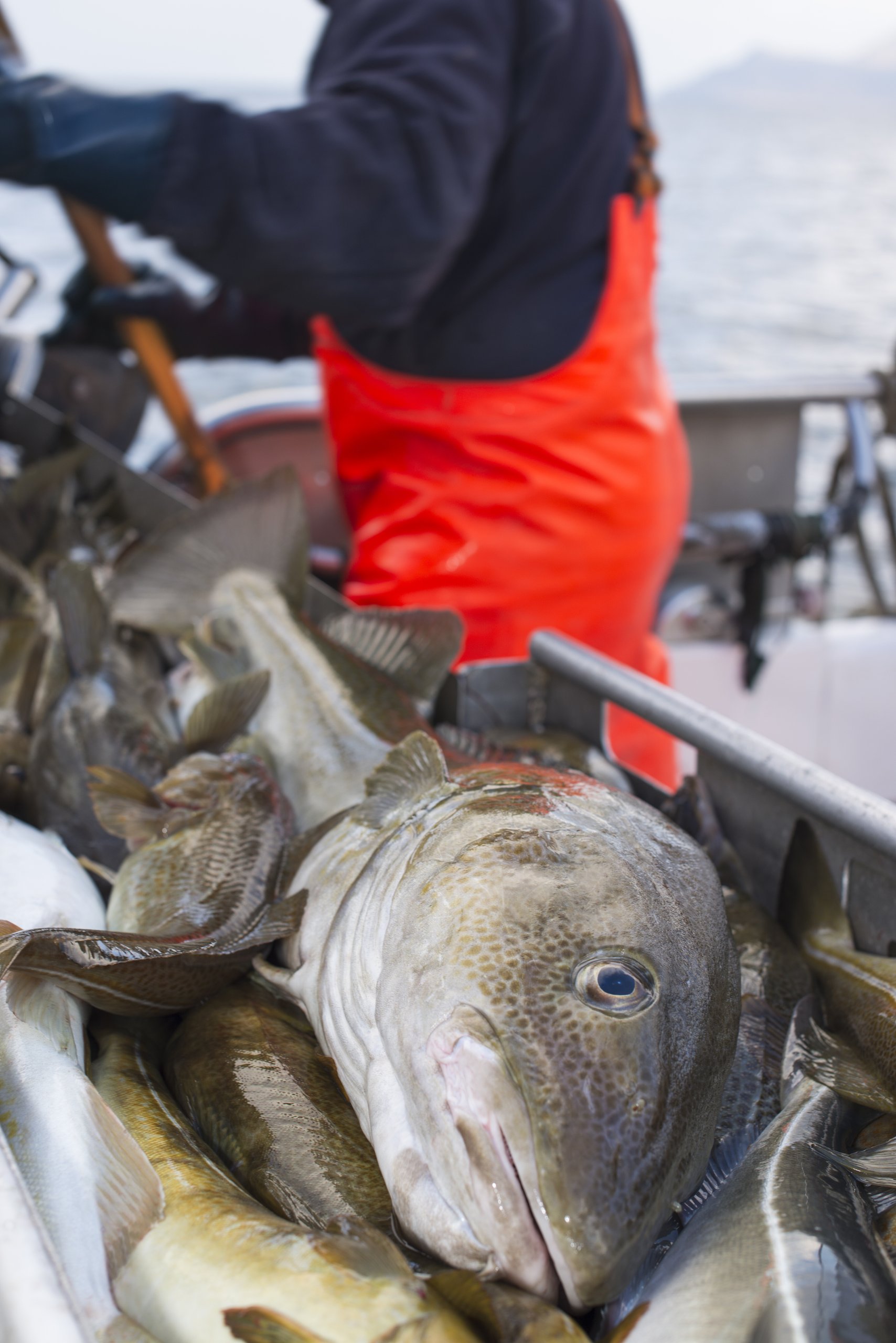Assessing the socio-economic impacts of fisheries management is crucial to ensuring full and effective implementation of Ecosystem-Based Fisheries Management (EBFM). That said, socio-economic dimensions are often considered as secondary in the evaluation of management scenarios. However, consideration of social and economic variables alongside the ecological is essential to ensuring the sustainability of both the fishing industry and the marine ecosystems it relies upon.
This is especially critical when assessing the robustness of management strategies in the face of projected climate change, and their combined impacts on the marine environment, along with the fishing livelihoods and coastal economies that rely on it.

As part of our theme on the ‘Evaluation of Fisheries Management’, SEAwise researchers employed bio-economic models (i.e. models that include both biological and economic elements) to explore the effects of a variety of management measures under future climate change scenarios. Drawing on Management Plans already in place, this work focused on three of our Case Study regions: the Mediterranean Sea, North Sea, and Western Waters (Bay of Biscay and Celtic Sea). The models outlined in this report integrate and build on findings, model iterations, and workshops undertaken as part of SEAwise’s previous work.
Five scenarios, representing different management measures, were modelled for each of the above case study regions:
A case-specific scenario: with fishing limits tailored to advice specific to each fishery, reflecting the latest data and understanding of that particular environment and its fish populations.
Across these scenarios, the effects of three different climate change scenarios were also assessed: 1) a ‘no climate change’ scenario (with present-day temperatures continuing into the future), 2) a RCP 4.5 scenario (with average temperatures 2.5 to 3°C higher than those experienced in 2000), 3) a RCP8.5 scenario (with average temperatures 4 to 6°C higher than those experienced in 2000).
Drawing on model outputs across the Case Study regions, we found that:
Following on from this report, subsequent work will focus on further fine-tuning and tailoring SEAwise models through a series of review workshops, gaining stakeholder input which will be integrated into the model iterations included in upcoming deliverables. Beyond SEAwise, the findings outlined in this report will also provide valuable inputs to be considered within the ongoing review of the Common Fisheries Policy.
Read the full report here.
Stay up to date with SEAwise news and research, hear about upcoming events, and receive updates on fisheries news from across the European seascape.